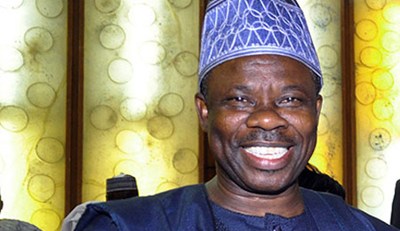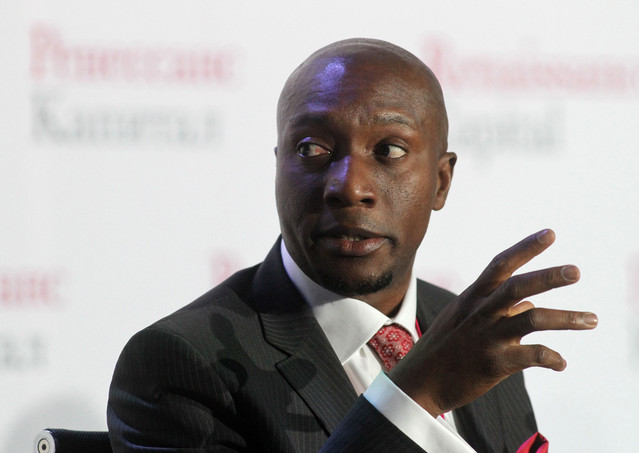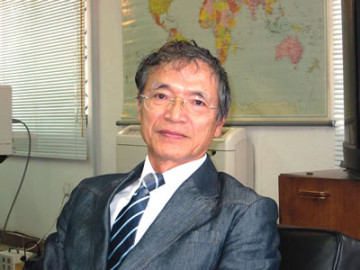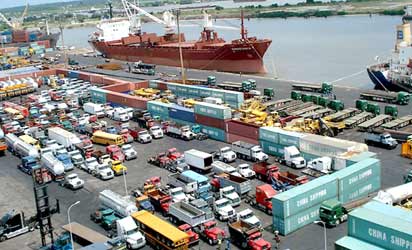 |
Transfer spending
by Premier League clubs this season has passed the £700m mark for the first
time, says Deloitte.
So far, £725m has
been spent in the 2013-14 season, including £95m during the current winter
transfer window, which closes at 2300 GMT.
That is ahead of
winter window spending at the same time a year ago, of £85m.
"We expect
deadline day to again be a busy time for Premier League clubs," said Dan
Jones of the sport business group at Deloitte.
"However,
regardless of the amount of activity today, we have already seen the 2013-14 seasons
set a record for Premier League transfer spending."









